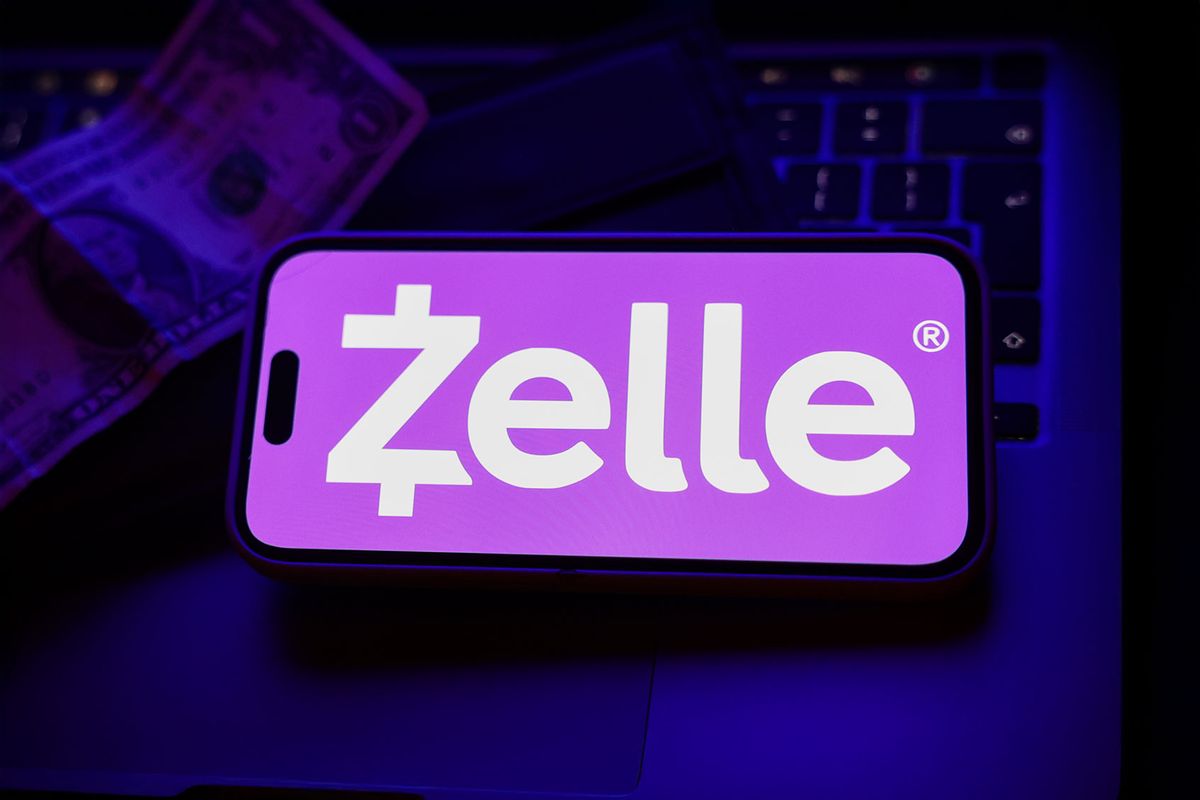The Consumer Financial Protection Bureau on Friday sued JPMorgan Chase, Bank of America and Wells Fargo over their handling of fraud on Zelle, alleging the banks failed to investigate cases and reimburse consumers.
The peer-to-peer payment service was launched by the three banks and four others to compete with Venmo and CashApp. Zelle quickly surged to become the biggest payment app in the U.S. after its creation, according to CNBC.
But the banks neglected to implement proper anti-fraud safeguards, according to the CFPB. As a result, Zelle users who are customers of the banks have lost more than $870 million over the seven years Zelle has been active, the agency said.
“The nation’s largest banks felt threatened by competing payment apps, so they rushed to put out Zelle,” CFPB Director Rohit Chopra said in a statement. “By their failing to put in place proper safeguards, Zelle became a gold mine for fraudsters, while often leaving victims to fend for themselves.”
The CFPB also alleges the banks failed to properly investigate complaints, with some consumers having been told to “contact the fraudsters directly to recover their money” when they filed a fraud complaint.
Zelle denied the allegations and called the lawsuit “meritless.”
“Zelle leads the fight against scams and fraud and has industry-leading reimbursement policies that go above and beyond the law,” Jane Khodos, an Early Warning Services spokesperson, told CNBC. “The CFPB’s misguided attacks will embolden criminals, cost consumers more in fees, stifle small businesses and make it harder for thousands of community banks and credit unions to compete.”
The CFPB has faced more criticism as President-elect Donald Trump prepares to return to Washington.
Earlier this month, banks sued the CFPB for its cap on overdraft fees, while lobbying groups challenging the agency for banning hidden junk fees.
Elon Musk has proposed eliminating the CFPB, which experts have said would be difficult to do. It's possible it could see key changes when Republicans take control of Congress and the White House next year.



Shares